Psoriasis of the scalp is a common but often troublesome skin condition that affects millions of people worldwide. It is an autoimmune disease that can be frustrating to manage, especially when it affects scalp and hair health. Psoriasis leads to accelerated turnover of skin cells, causing scaling, itching, redness and sometimes even pain. This can affect both your physical well-being and your self-confidence. In this blog post, we will explore what scalp psoriasis is, the most common symptoms, effective treatment strategies and how you can improve your hair care routine to best manage this condition. We will also share practical tips on how you can live a better life with psoriasis.
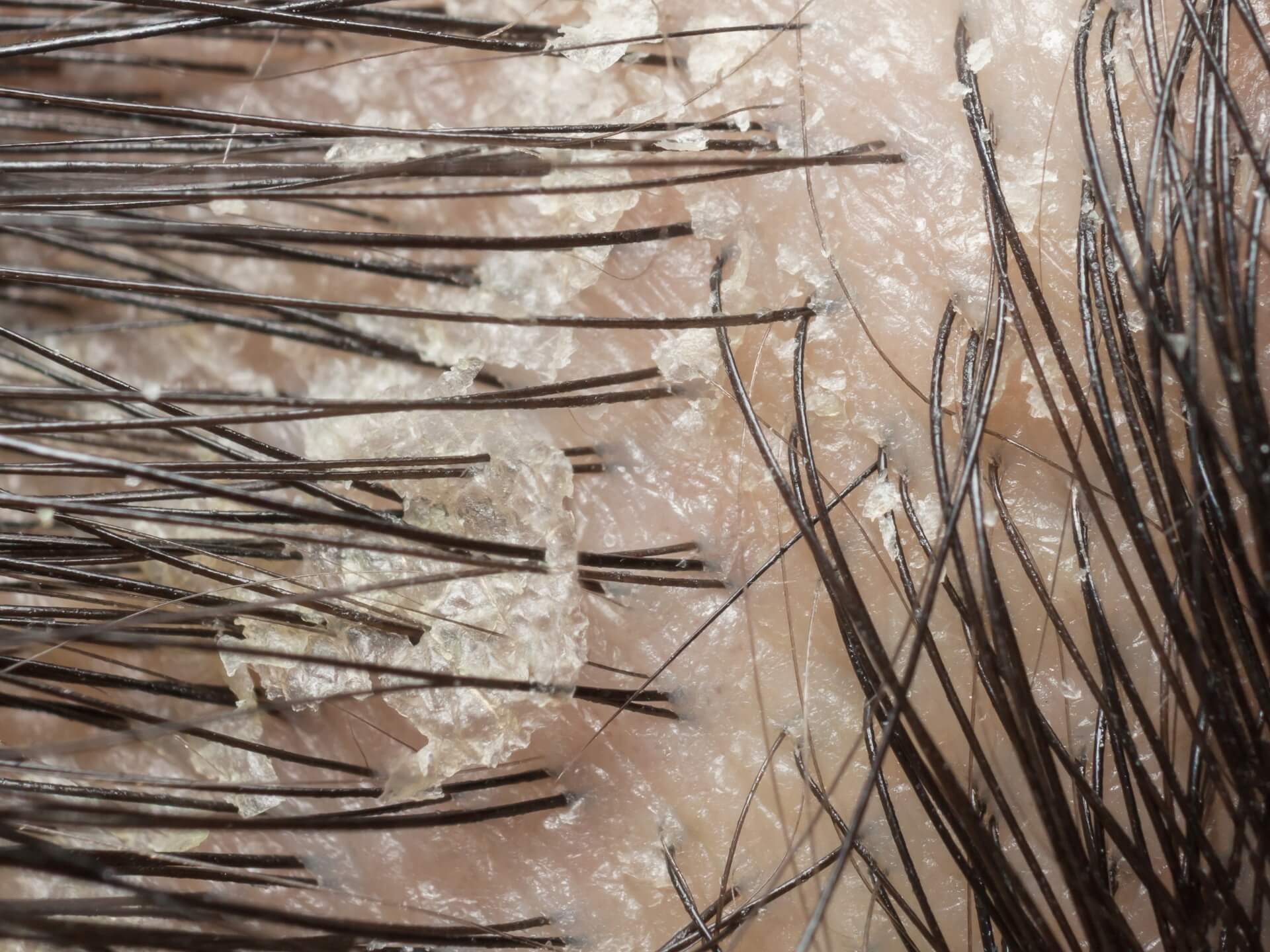
What is scalp psoriasis?
Psoriasis is a chronic autoimmune disease in which the immune system attacks the body's own skin cells, causing them to renew much faster than normal. A skin cell that usually takes about a month to develop and be removed, can instead be renewed in just a few days when you have psoriasis. When this happens on the scalp, thick, scaly patches form that can feel rough and sometimes painful.
Scalp psoriasis can range from mild to severe, with some people experiencing small patches of scaling, while others may have a scalp covered in thick, red areas. It can also spread to areas outside the hairline, such as the neck, forehead or behind the ears. Unlike common dandruff, which also causes scaling of the skin, psoriasis of the scalp can give rise to more intense symptoms and often causes discomfort.
Psoriasis can have genetic causes, but it can also be triggered by various environmental factors such as stress, infections, cold weather or certain medicines. Although there is no cure for psoriasis, the condition can be managed with proper treatment and self-care.
Symptoms of psoriasis on the scalp
To manage psoriasis effectively, it is important to recognize its symptoms, especially as they can be similar to other conditions such as dandruff or eczema. Here are some common signs to look out for:
- Scaly skin: The most characteristic symptom is when the skin on the scalp forms thick layers of dead skin cells. These scales are often white or silvery in color and can range in size from small patches to large areas covering the entire scalp.
- Itching: A persistent itch is common, and sometimes it can be so intense that it interferes with sleep or daily activities. Scratching can aggravate the scaling and even cause small sores or bleeding.
- Redness and irritation: Psoriasis patches may be reddish or inflamed, especially if you scratch them. This inflammation can sometimes extend beyond the hairline.
- Dryness and cracking: The skin can feel very dry, which can sometimes lead to cracking and discomfort. This in turn can cause pain and make it more difficult to keep the skin healthy.
- Hair loss: Although psoriasis itself does not cause permanent hair loss, hair loss can be the result of intense scratching or harsh treatments. However, hair usually grows back when the psoriasis patches are treated.
If you experience any of these symptoms, it is important to consult a doctor or dermatologist for a proper diagnosis and treatment plan.
How to treat psoriasis on the scalp
There are several methods to treat scalp psoriasis, and what works best can vary from person to person. Here are some practical strategies:
- Use emollient hair care products
One of the most important measures to manage psoriasis is to use hair care products that are specially formulated for sensitive skin. Gentle, moisturizing products that are free of irritants such as sulphates, parabens and strong fragrances are essential. An example is Caring Shampoo, which contains hyaluronic acid and avocado oil to moisturize and protect the hair and scalp, while Piroctone Olamine counteracts itching and dandruff. - Exfoliate your scalp regularly
Using an exfoliating product can help remove dead skin cells and reduce flaking. Scalp Scrub is an ideal product for this, as it combines natural, biodegradable scrub particles with soothing aloe vera and green tea, which moisturize and protect the scalp from further irritation. - Use medicines or prescription treatments if necessary
In more severe cases, a doctor may recommend medicated shampoos or ointments containing cortisone or salicylic acid to reduce inflammation and soften scales. - Moisturize with a nourishing oil
Oil-based treatments that Renewal Hair Oil can help soften skin and reduce flaking. This oil contains argan oil, oat kernel oil and rosehip oil to moisturize and protect without clogging pores. - Complement with a moisturizing mask
A deep-acting hair mask that Caring Masque can be used to provide extra moisture and nourishment to both hair and scalp, helping to keep symptoms under control and making hair more manageable.
How to wash your hair if you have scalp psoriasis
Washing your hair properly is important to avoid aggravating scalp psoriasis. Here is a step-by-step guide on how you can do this:
- Choose a mild, sulfate-free shampoo
Many traditional shampoos contain harsh cleansers that can irritate the scalp. Sulfate-free alternatives that Caring Shampoo are gentler and help maintain the scalp's natural moisture balance. - Massage the shampoo in gently
Massage the product into the scalp using gentle, circular movements. Avoid using your nails or rubbing too hard, as this can aggravate flaking and inflammation. - Rinse with lukewarm water
Using hot water can further dry out the scalp and make itching worse. Lukewarm water is gentler and helps maintain moisture balance. - Use a moisturizing conditioner or wrap
After washing your hair, apply a moisturizing conditioner that Caring Conditioner to seal moisture into the hair and protect the scalp. - Avoid blow-drying your hair with hot air
If you must use a hairdryer, set it to a cooler temperature. Heat can irritate the skin and make symptoms worse.
Practical tips for everyday life
In addition to proper hair care routines, a few small changes in your everyday life can make a big difference in managing scalp psoriasis:
- Protect your hair from the elements: During winter, the dry air can make psoriasis worse. Wear a cap when you are outdoors to protect your scalp.
- Choose loose-fitting headgear: Tight hats and caps can irritate the scalp and make symptoms worse.
- Avoid smoking and alcohol: both can make psoriasis worse and should be avoided if possible.
- Maintain a balanced diet: Foods rich in omega-3 fatty acids, such as salmon and chia seeds, can help reduce inflammation in the body.
Frequently asked questions about scalp psoriasis
Q: Can scalp psoriasis go away completely?
A: No, there is no permanent cure for psoriasis. But the right treatment can help reduce symptoms and keep the condition under control.
Q: Is stress a risk factor for psoriasis?
A: Yes, stress is one of the most common triggers. Managing stress with relaxation techniques can improve symptoms.
Q: What hair products are best for psoriasis?
A: Products that are free of sulfates, parabens and strong fragrances are the best. Use moisturizing products that are specially developed for sensitive skin.
Q: Are there any specific diets to relieve psoriasis?
A: An anti-inflammatory diet that includes fish, vegetables and healthy oils can reduce inflammation and relieve symptoms.
Q: Is psoriasis contagious?
A: No, psoriasis is not contagious. It is an autoimmune disease that cannot be transmitted from person to person.
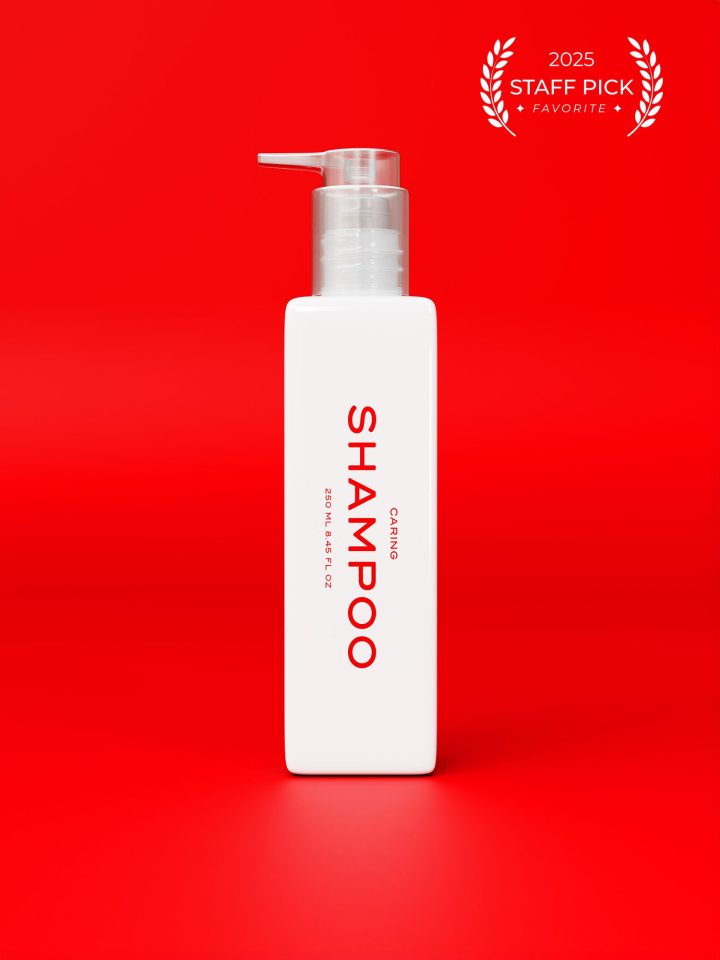
Caring Shampoo Gentle sulfate-free moisturizing shampoo 26,00 € - available on subscription from every 7 weeks
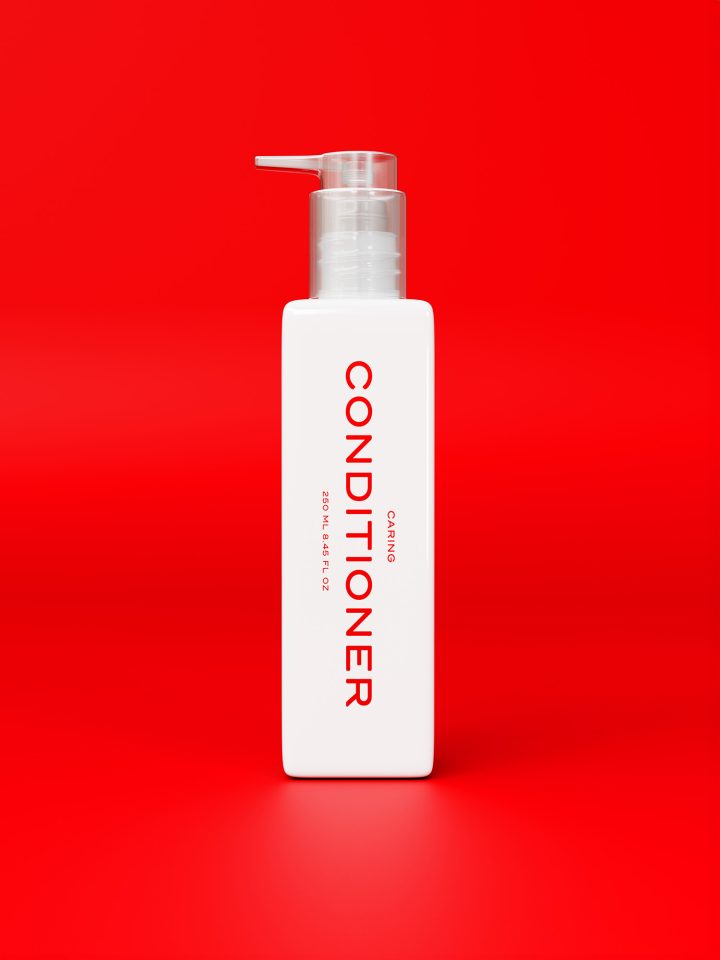
Caring Conditioner Gentle sulfate-free moisturizing conditioner 26,00 € - available on subscription from every 7 weeks

Scalp Scrub Balancing exfoliating scalp scrub 39,50 € - available on subscription from every 10 weeks
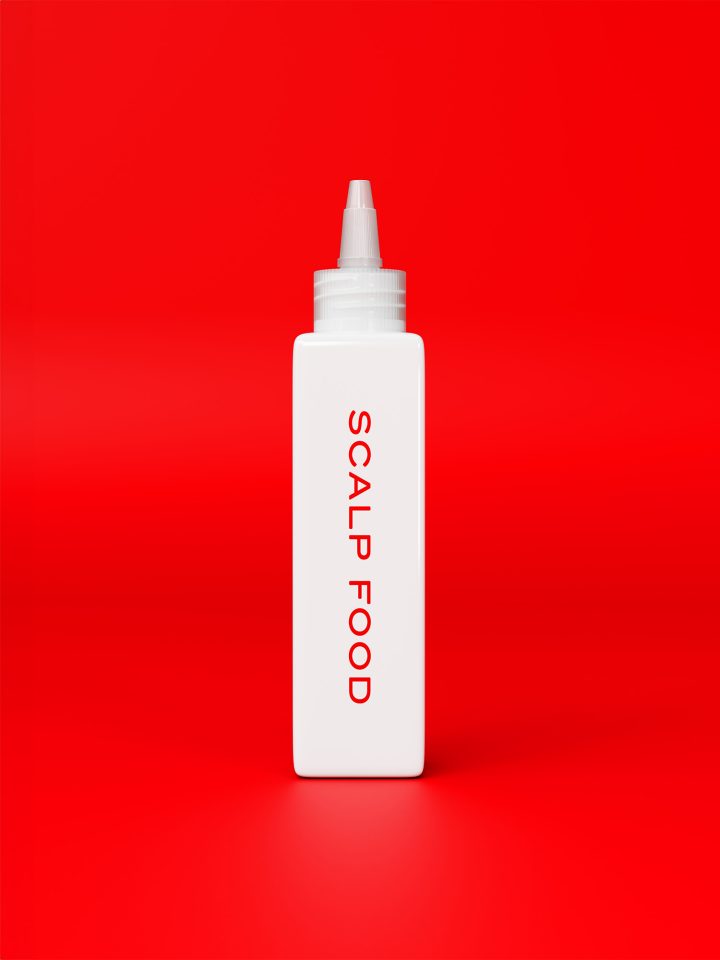
Scalp Food - Daily Serum Microbiome-strengthening, soothing scalp serum 45,00 € - available on subscription from every 7 weeks
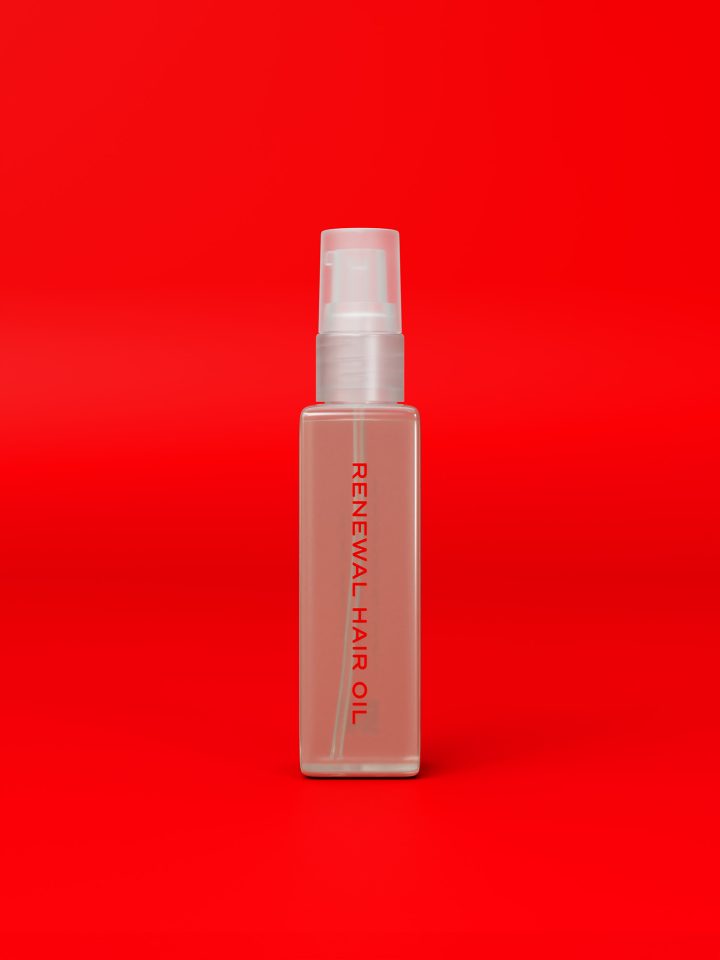
Renewal Hair Oil Nourishing & shine-giving hair oil 45,00 € - available on subscription from every 7 weeks

